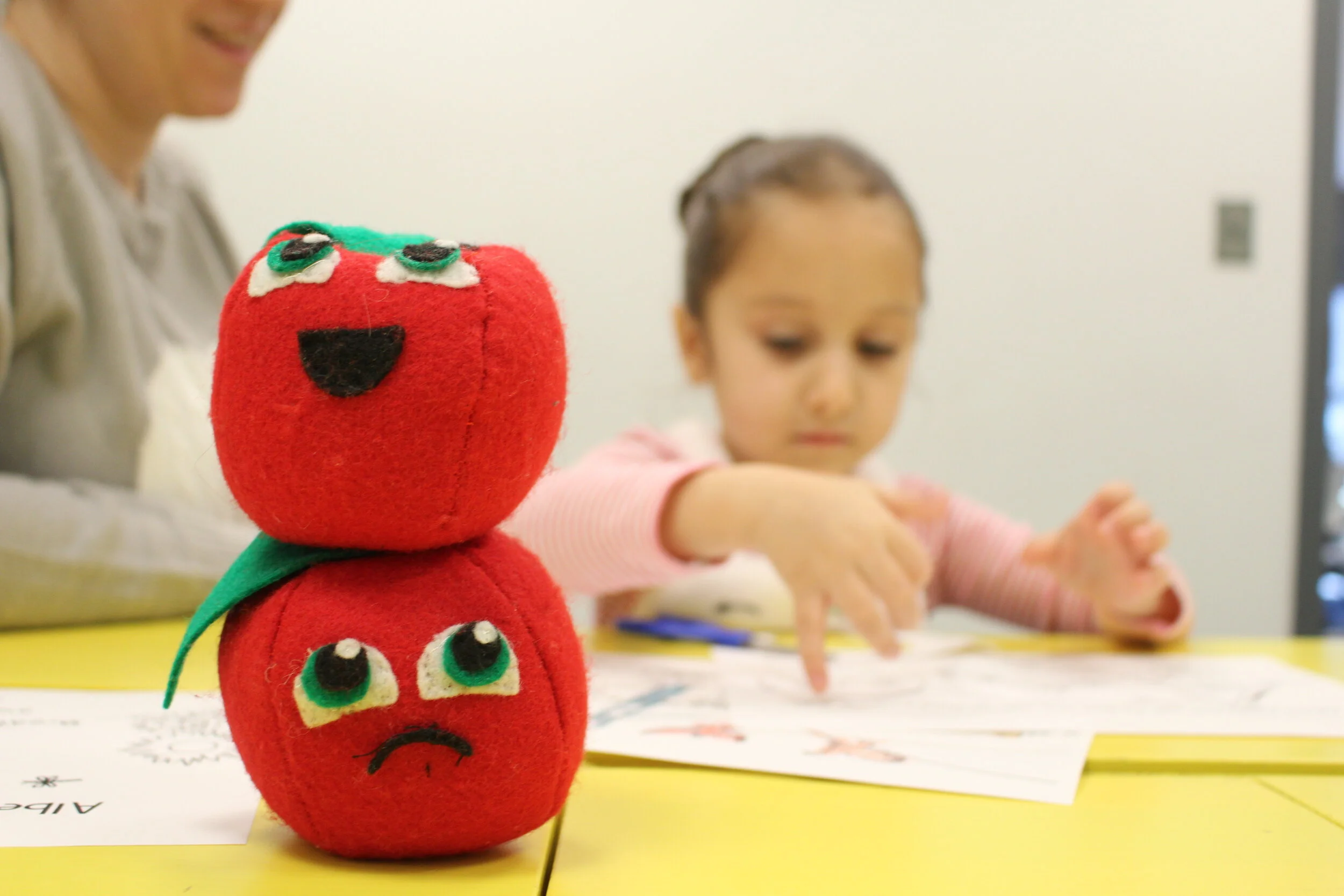Mental Health Literacy for Kids (What, Why, and How)
/As a parent, guardian, or teacher, you do your best to make sure your child is set up for success by surrounding them with education and entertainment to help improve their literacy skills in reading and writing. These are obviously important skills to learn, but what about something as important as our little ones’ mental health? Why don’t we teach them to be knowledgeable about mental health, something that is also constantly developing and a key factor of happiness? To help draw attention to this topic, the term “mental health literacy” was coined by Anthony Jorm (Ph.D. and professor at the University of Melbourne) in the mid-90s (Jorm 231). Mental health literacy is becoming more prevalent in schools and homes, as it should be, so here is some information to keep you up to speed.
What is mental health literacy?
Mental health literacy is “knowledge and beliefs about mental disorders which aid their recognition, management or prevention” (Jorm 231). Mental health literacy includes many elements such as understanding different mental disorders, being able to recognize warning signs, knowledge about how to seek help when you need to, and how to support others suffering from a mental health crisis. This may seem too heavy for your child, but this can be simplified to something extremely helpful for your child’s well being now, and with potentially serious problems in the future.
Let’s say your child gets really frustrated when they sit down to do their math homework. A child who is “mental health literate” may be able to identify the emotion as frustration and implement a coping skill such as deep breathing, positive self-talk, or a reward system to help them calm down and focus. A child who has never discussed mental health with a trusted adult may simply get overwhelmed and be unable to focus on the task.
Why is mental health literacy important?
When I was a kid, I often had bad stomach aches that were caused by nerves. My mom was concerned that if I ever had appendicitis I wouldn’t tell anyone because I would not know the difference in pain, so she taught me to press on my right side of my stomach next to my belly button to check if I was ok. She taught me the warning signs so I could get help if I needed it.
Mental health literacy is important because it informs kids and young adults what the warning signs are and when they need to get help. We should be teaching our students and children about mental illnesses just as we teach them about physical health issues.
Mental health literacy also reduces the stigma about mental health, which is important in encouraging children and young adults to seek out help when they are struggling.
How can you help improve your young child’s mental health literacy?
Talk about feelings and coping skills! The more you talk about it, the more normal the conversation will become. Just Be Books LLC provides products and content to help open up the conversation about mental health from an early age. Their first book, titled Just Be, takes kids along an adventure with Albert Apple who is feeling sad and he tries different coping skills to feel better. The book, created under the guidance of school psychologist Shannon Sweitzer Ph.D., teaches 3 different coping skills including, talking to friends, exercising, and deep breathing.
Here are some other tips when talking to your child about mental health:
- Share if you go to a therapist, what therapists do, and that therapist is an important job
- Share you handle stress, sadness, anxiety, etc in positive ways they can relate to
- Ask questions and offer support even when your child doesn’t seem to be struggling
- Try not to get frustrated if they can’t verbalize why they are upset, offer quality time instead of verbal support
- Don’t be offended if they want to confide in another trusted adult
Just Be Books LLC is working on creating more content to educate our community about important mental health issues, be sure to follow them to keep updated on their progress.
Citations:
Jorm, Anthony F. “Mental health literacy: empowering the community to take action for better mental health.” The American psychologist vol. 67,3 (2012): 231-43. doi:10.1037/a0025957

